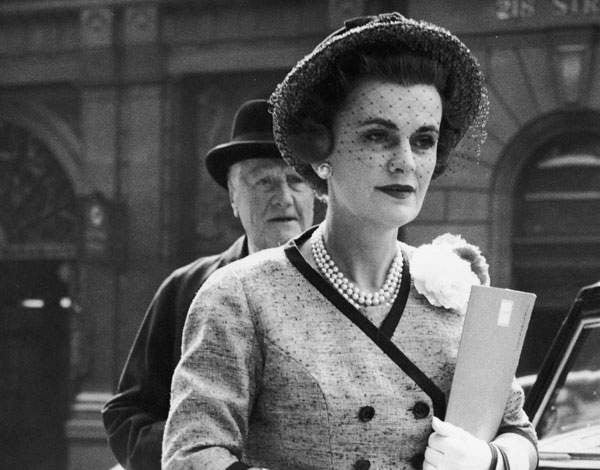

Along with the usual wedding preparations, more couples are considering whether or not to enter into a prenuptial agreement. The courts have recognised since 2010 that they should give effect to prenuptial agreements which are freely entered into by each party as long as they fully understand their implications (unless something would make enforcing them unfair).
But there is now a growing trend in the US, where prenuptial agreements have been used for many years, for them to include ‘social media clauses’ seeking to control what either party can post about the others and in some circumstances, imposing a financial penalty for breach.
So is this something couples need to consider including in this jurisdiction?
A few years ago, the incoming head of MI6, Sir John Sawers, must have wished he had placed some limitations on what photographs his wife could place on her Facebook page when, following his appointment, photographs appeared in the media taken from his wife’s Facebook page of him wearing some rather unbecoming swimming trunks, together with other ‘family snaps’ that I am sure he would have wished to have kept private.
The courts of England and Wales have long recognised the protection that marriage gives to private and confidential information between a couple. The Duchess of Argyll, in 1967, was able to stop her husband selling embarrassing photographs of her to the media.
More recently, in 2006, the court held that ‘if someone asks “How is married life treating you?” and the response is “Fine,” that does not mean that the public is entitled to a ringside seat when stresses and strains begin to emerge… Obviously, however, the reasons for breakdown in a relationship can only be protected if they have remained private.’
The courts also recognise that individuals, if they marry and become famous, are entitled to protect photographs and private information from their pre-marriage days. Kate Winslet’s husband, Ned Rocknroll, whom she married in 2012, avoided suffering the embarrassment of photographs of him semi-naked appearing in the press when he successfully obtained an injunction to prohibit The Sun from publishing them. They had been taken at a private party prior to his marriage to Ms Winslet and placed on Facebook by a friend.
The court, in granting the injunction, took into consideration that Mr Rocknroll was not a public figure at the time that the photographs were taken, that he had a reasonable expectation of privacy in respect of them and also, significantly, that the publication would risk causing harm and distress to Ms Winslet’s children from her previous marriage.
The courts are increasingly concerned to protect the privacy of children. Paul Weller recently obtained damages in respect of photographs published by the Mail Online of his three children shopping in Los Angeles. They had been published without their faces being pixelated and the court agreed that although they were in a public place, they had a reasonable expectation of privacy.
In these circumstances, such ‘social media clauses’ in a prenuptial agreement in this jurisdiction would seem unnecessary. The courts would be unlikely to enforce the use of penalties for their breach and the inclusion of such clauses may undermine the lawfulness of the prenuptial agreement. Couples should be able to safely rely on the law of confidentiality and privacy to protect them from those embarrassing moments that they intended should remain private.
Sarah Webb is a partner at Payne Hicks Beach






